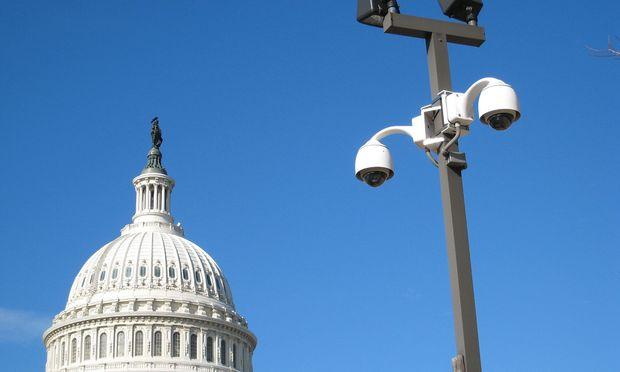Former FISA judge offers solution to restore confidence in court
The Foreign Intelligence Surveillance court authorizes secret wiretapping in national security cases.. (Photo courtesty of Flickr user satanoid)
Embedded in the barrage of stories following the leak of classified National Security Agency documents by former government contractor Edward Snowden were revelations about a little-known court, the Foreign Intelligence Surveillance Act Court.
The FISA court, established by Congress in 1978 to reign in executive branch surveillance conducted without a warrant, ruled in relative secrecy for more than 25 years before coming under public scrutiny in 2005 after a New York Times article revealed NSA surveillance of emails with foreign countries was being conducted with the approval of the court.
Thrown back into the public eye by Snowden, the FISA court has been criticized by some for its weak record of only denying 11 government warrant applications out of more 34,000 filed since its inception. Many called the court a “rubber stamp” and questioned how much of a protection of the fourth amendment the court is.
James Carr, a senior federal judge for the Northern District of Ohio, served on the FISA court from 2002 to 2008, disagrees.
“If we look at it and say ‘Sorry this does not conform to the statute, it’s outside the statute, or it collides with the fourth amendment the can’t do it,” Carr said. “That’s the whole point of our review of their applications.”
Swift increases in new technologies, and the possibilities they open for the government to watch people in the United States and around the world, have made FISA’s job more difficult, Carr said.
“At least while I was there, the government was really an honest broker,” Carr said. “When the government came to the court with something new or novel that raised either technological or, as importantly or even more so, constitutional or statutory issues, it made us aware.”
In Monday’s New York Times, Carr outlined a proposal to make the court operate with more opportunity for advocacy on behalf of people, or large groups being targeted by government surveillance.
The proposal, titled “A Better Secret Court”, called for the FISA court to include in the proceedings lawyers with the appropriate security clearance to serve as a type of ombudsman for the public interest.
“Even if the government got its way all or most of the time, the court would have more fully developed its reasons for letting it do so,” Carr wrote. “Of equal importance, the appointed lawyer could appeal a decision in the government’s favor to the Foreign Intelligence Surveillance Court of Review — and then to the Supreme Court. No opportunity for such review exists today, because only the government can appeal a FISA court ruling.”
Adding an outside advocate for the public could help return public confidence to a court, who’s relationship with the American people is rocky at best, Carr said.
“I think it is very crucial that a mechanism be set up that the judges on the court, myself when I was there included, are subject to review in the unusual case where something new and novel is contained in the application.”
